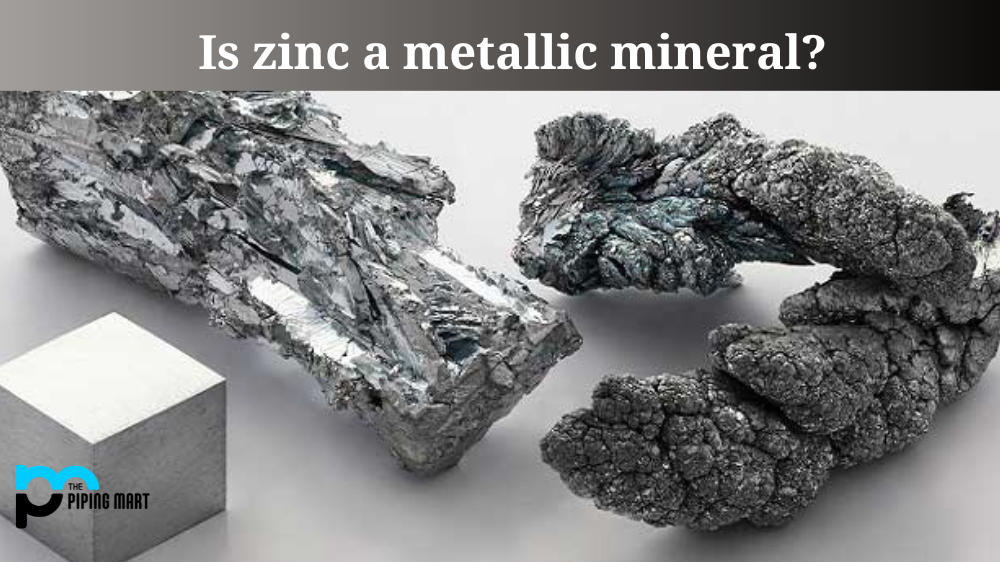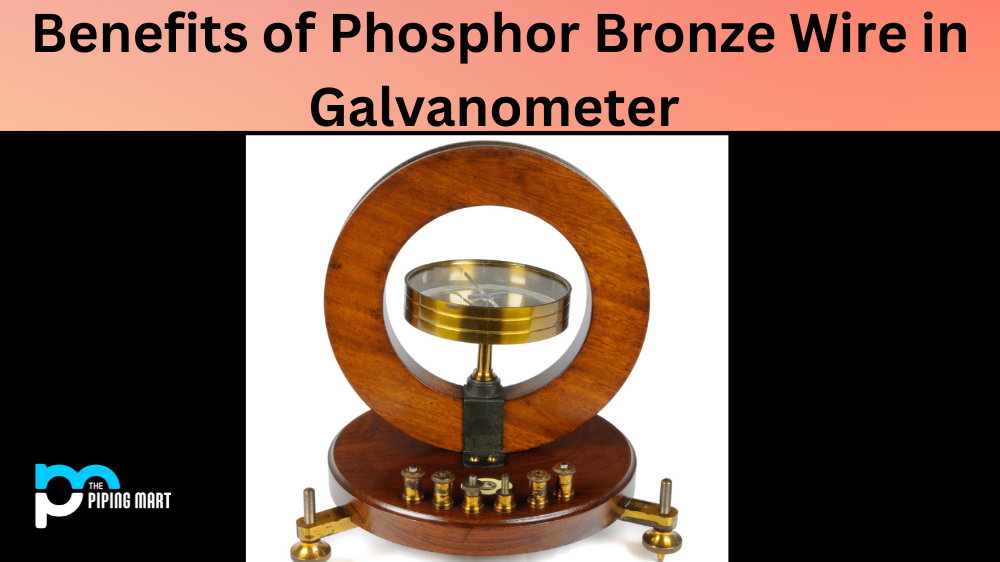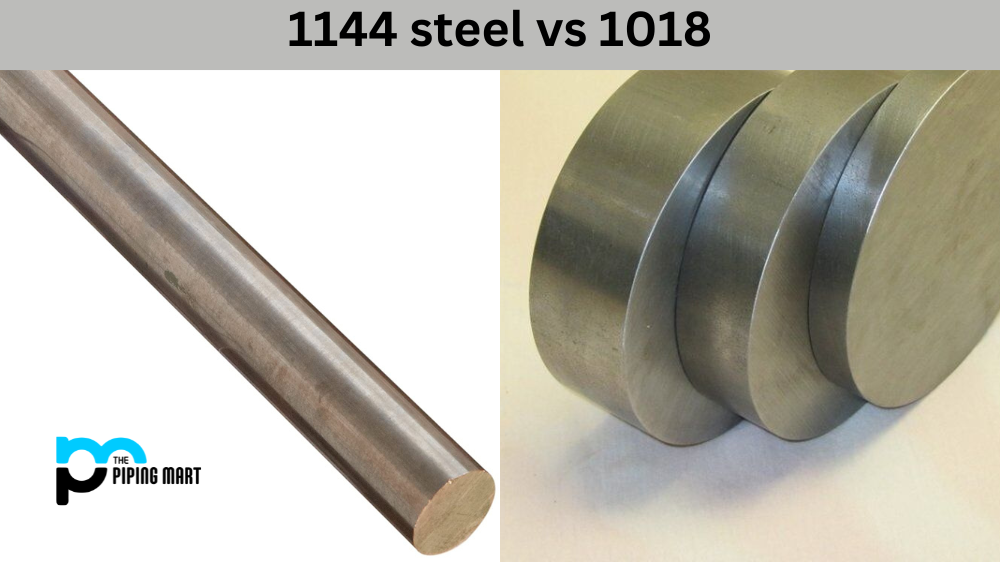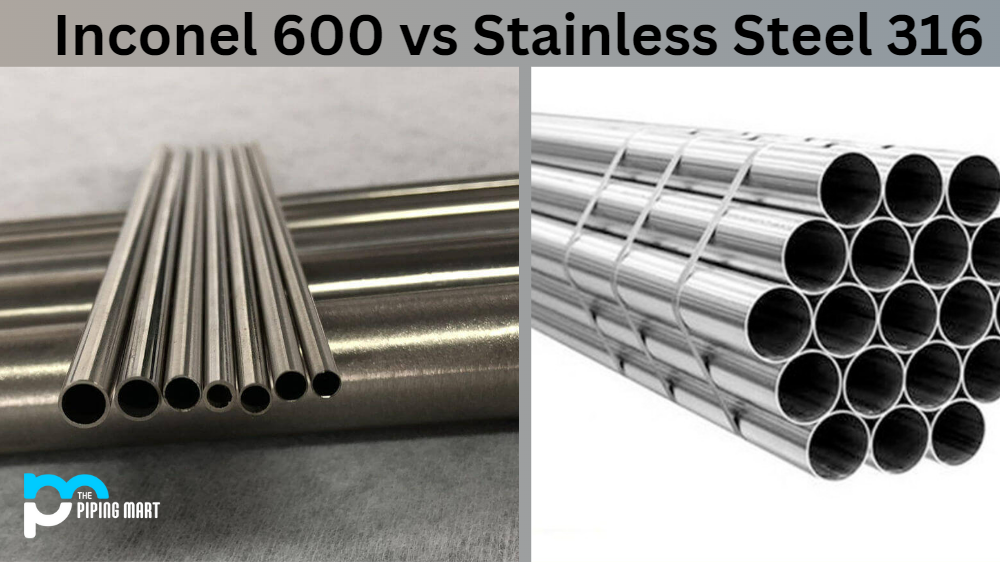Zinc is a chemical element with the symbol Zn. It is an essential trace mineral in the human body but is also used for many industrial purposes. But what makes zinc stand out from other elements? Is zinc a metallic mineral? Let’s explore the properties of zinc and determine whether or not it’s considered to be a metallic mineral.
What are Metallic Minerals?
The definition of a metallic mineral is any mineral that contains metal elements or compounds. These minerals are generally found in their raw forms, such as copper or iron ore, rather than as compounds like copper sulfate or iron oxide. This means they must be mined and refined to produce useable metals.
Properties of Zinc
Zinc is an abundant element found in the Earth’s crust. Its most common isotope, zinc-70, has 30 protons and 40 neutrons in its nucleus. It has been known since antiquity and was used as early as 500 BCE by ancient Greeks for making coins and brass objects. Zinc has many important physical properties, including melting point (419 degrees Celsius), boiling point (907 degrees Celsius), electrical conductivity (2% IACS), thermal conductivity (116 W/mK), and density (7.13 g/cm3). It also has excellent corrosion resistance due to its ability to form protective oxide layers on its surfaces when exposed to air or water.
Is Zinc Considered a Metallic Mineral?
Yes, zinc is considered a metallic mineral because it contains metal elements or compounds in its raw form before being refined into usable metals. Because of this, it can be mined directly from the Earth without undergoing additional processing before being used for industrial purposes such as galvanizing steel products or producing brass alloys. Therefore, it meets the definition of a metallic mineral and can rightly be classified as such.
Conclusion:
In conclusion, we have explored why zinc is a metallic mineral due to its metal elements and compounds existing in its raw form before being processed into usable metals for industrial applications. We have also discussed some of the physical properties that make zinc such an essential element for humanity today – its high melting point, boiling point, electrical conductivity, thermal conductivity, and density – which all contribute towards making it an excellent choice for use in various areas ranging from manufacturing industries through to medical applications. Finally, we have seen this versatile element’s importance in our modern world!
Sakshee is a talented blogger, with a particular focus on the Business and Metal Industry. She is passionate about sharing her insights on various metal products and helping professionals to make a better decisions.




